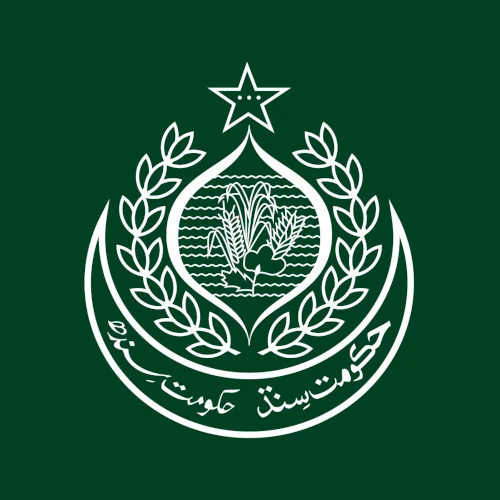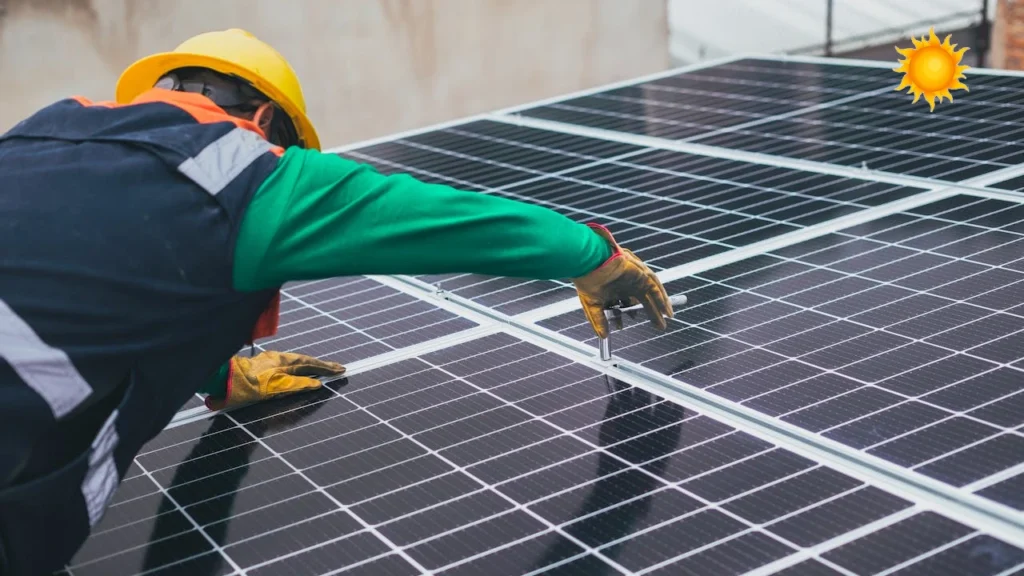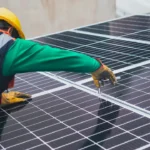Sindh Powers Up Homes with Free Solar Panels for 2.6 Million Households
In a significant leap towards a cleaner and brighter future, the Sindh government has unveiled a groundbreaking initiative to distribute free solar panels to a staggering 2.6 million households across the province.
This ambitious project, announced in the 2024-25 provincial budget by Chief Minister Syed Murad Ali Shah, promises to revolutionize energy access for millions of Sindh residents.
Other Key Budget Allocation and Initiatives
Labor / Mazdoor Card Program
The budget includes a Rs 5 billion allocation for the Mazdoor Card program, aimed at supporting laborers. This program is part of a broader effort to ensure social mobility and improve living standards for workers across the province.
Sector-wise Allocations
The Sindh budget for 2024-25 has made significant allocations across various sectors:
| Agriculture | Rs 11 billion to support the agricultural sector and boost food production. |
| Social Protection | Rs 12 billion to enhance social welfare and protect vulnerable populations. |
| Education | Education: A notable allocation of Rs 519 billion to improve educational infrastructure and access. |
| Health | Health: Rs 334 billion earmarked to enhance healthcare services and facilities. |
| Education Boards | Rs 3.2 billion to support higher education and academic institutions. |
| Housing and Planning | Rs 2 billion to address housing needs and urban planning. |
| Transport | Rs 56 billion to improve transportation networks and services. |
| Local Government | Rs 302 billion for the local government’s developmental projects and services. |
| DEPD (Disabilities Department) | Rs 1.5 billion to support the empowerment of people with disabilities. |
The Sindh government’s commitment to clean energy is evident in the allocation of Rs 25 billion over the next five years for this solar panel program. By equipping homes with these systems, the initiative aims to achieve a two-fold objective: promoting sustainable energy use and enhancing energy security for citizens.
Shining a Light on Sustainability:

Solar power offers a reliable and eco-friendly alternative to traditional electricity sources, reducing dependence on fossil fuels and minimizing greenhouse gas emissions. This shift towards renewable energy not only benefits the environment but also fosters a sense of energy independence for residents.
Breaking Down the Solar Solution:
While details regarding the specific solar panel systems are still emerging, we can expect them to cater to the basic needs of a typical household. Here’s a possible breakdown of what the distributed systems might include:
- Solar Panels: Capacity could be around 100 watts, sufficient to generate enough power for basic needs.
- Lighting: A set of LED lights for energy-efficient illumination.
- Appliance: One essential appliance, likely a fan, to improve ventilation and comfort.
- Battery Storage (potential): Backup power storage for several hours, enabling light and potentially mobile phone charging during outages.
This combination would significantly improve access to clean and reliable lighting, ventilation, and potentially mobile phone charging, particularly in areas with frequent power outages.
Reaching Those Who Need it Most:
The exact eligibility criteria for receiving these solar panels are yet to be announced. However, it’s likely that the program will prioritize the following groups:
- Low-income Households: Those who struggle to afford electricity bills will benefit most from the free solar power.
- Remote Locations: Homes in off-grid areas with limited access to traditional electricity will see a significant improvement in their energy security.
A transparent and efficient distribution process will be crucial for ensuring the program reaches its intended beneficiaries.
Empowering the Future:
The long-term impact of this initiative has the potential to be transformative. Increased access to clean energy can empower individuals and communities in several ways:
- Improved Health: Better lighting and potentially refrigeration due to solar power can lead to positive health outcomes.
- Economic Opportunities: The program can create new jobs in installation, maintenance, and manufacturing within the Sindh renewable energy sector.
- Skilled Workforce: Development of skilled professionals in the clean energy field will benefit the province’s future.
Challenges and Considerations:
While the potential benefits of the Sindh government’s solar panel program are undeniable, there are challenges that need to be addressed:
- Installation and Maintenance: Ensuring proper installation and maintenance of the systems will be crucial for their long-term effectiveness.
- Education and Awareness: Effective communication campaigns are necessary to inform residents about the proper usage and care of the solar panels.
- Monitoring and Evaluation: Robust mechanisms should be established to track the program’s progress and ensure it reaches its intended goals.
A Brighter Future for Sindh:
The Sindh government’s free solar panel initiative represents a significant step towards a more sustainable and equitable future for the province. By harnessing the power of the sun, this program has the potential to illuminate homes, empower communities, and pave the way for a cleaner and brighter future for millions of Sindh residents.










